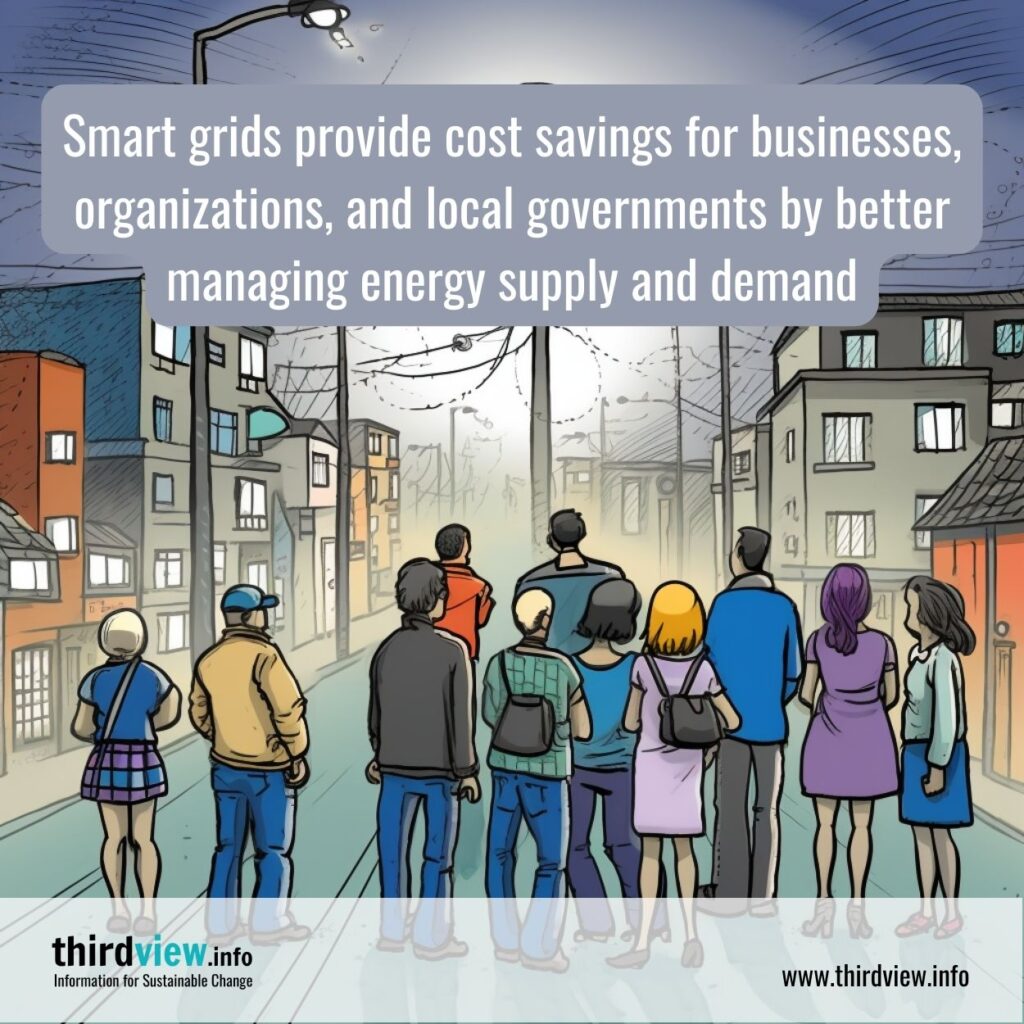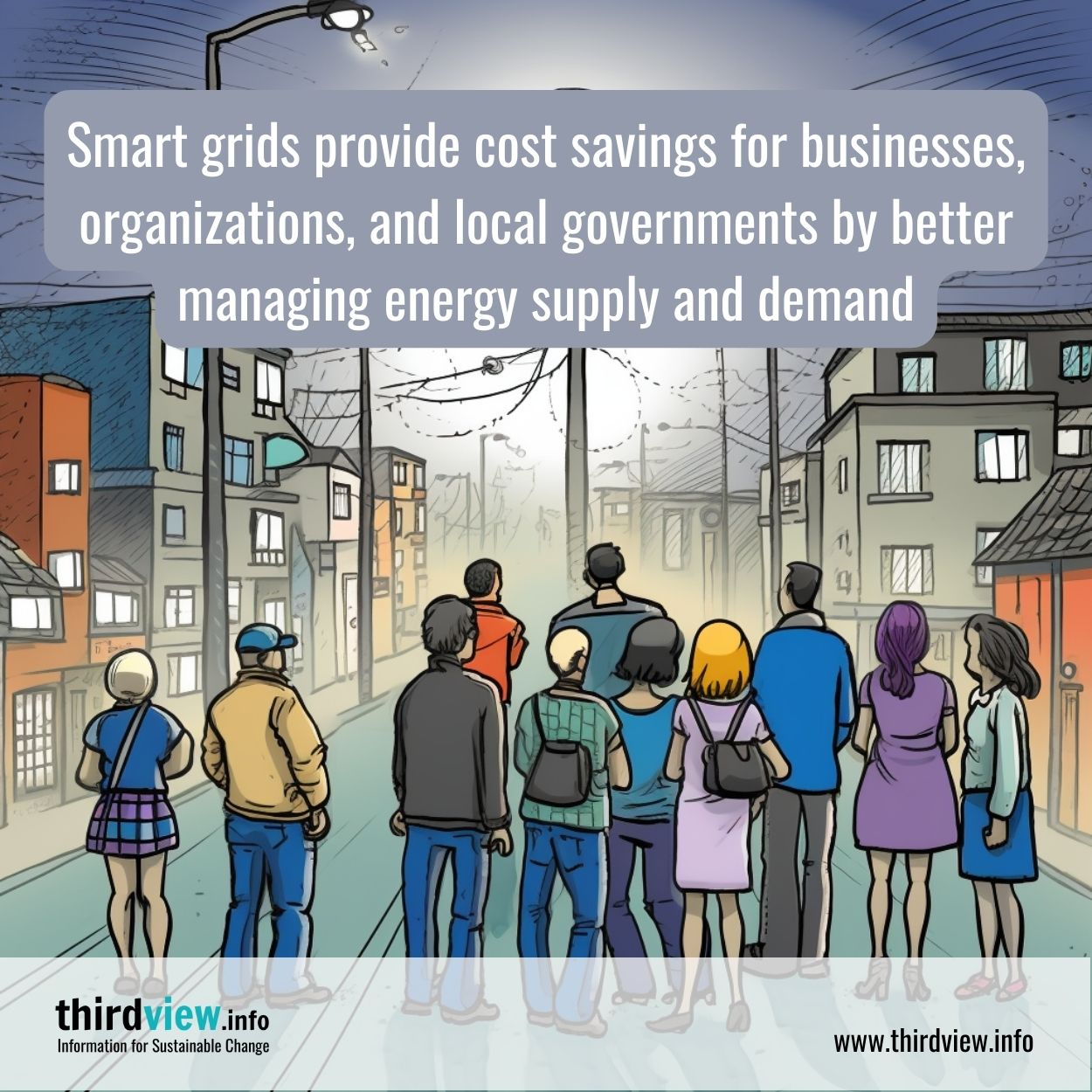The smart grid is a cost-efficient way to bring communities closer together. Smart grids are composed of technology that helps manage the electricity needs of customers in order to reduce energy consumption and costs. This technology can also help facilitate the growth of connected communities. By using data-driven insights, smart grid solutions can enable businesses, organizations, and local governments to collaborate more easily and make decisions that benefit everyone involved. Here’s how it works.
Data Analytics Driven by Smart Grids
Smart grids can be used to collect data from customers on their energy use. This data can then be used to identify trends in usage patterns such as peak hours or times when energy is most needed or used. This analysis allows businesses, organizations, and local governments to better understand how they can best optimize their resources in order to deliver quality services while reducing costs. It also helps them plan for future needs so they can act proactively instead of reactively when it comes to managing energy resources.
Cost Savings Through Smart Grids
Smart grids offer substantial cost savings for businesses, organizations, and local governments by reducing energy consumption through better management of electricity supply and demand. For example, smart grids allow customers to adjust their usage depending on the current market conditions which can lead to lower bills overall. Furthermore, smart grids provide an easy way for customers to keep track of their own energy use which makes it easier for them to make informed decisions about how much electricity they should buy or use at any given time.
Empowering Communities Through Smart Grids
Smart grids empower communities by providing a platform for collaboration between various stakeholders in a given area. For instance, local governments may be able to use data from smart grids in order to better allocate resources or create policies that encourage the use of renewable sources of energy such as solar power or wind turbines. Similarly, businesses may be able to collaborate with other companies in order to reduce their collective carbon footprint by sharing data from their respective smart grid systems. By creating these types of networks within a community, businesses, organizations, and local governments are able to work together towards common goals that benefit everyone involved.
Smart grid solutions offer a cost-effective way for businesses, organizations, and local governments alike to create connected communities that are more efficient with their resources while empowering the people living within them with access to meaningful data-driven insights about their areas’ electricity usage patterns. With this knowledge at hand, these entities are able create strategies that will ensure sustainable development while minimizing costs overall — all without compromising quality services provided by each stakeholder in the community.


